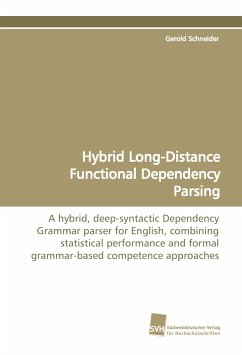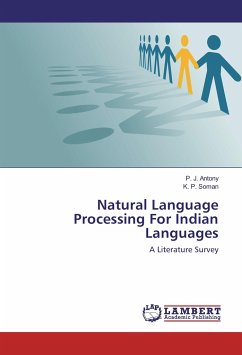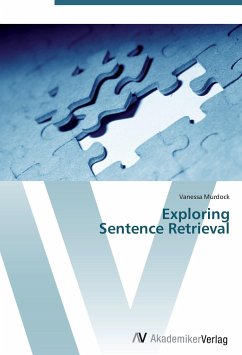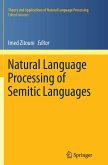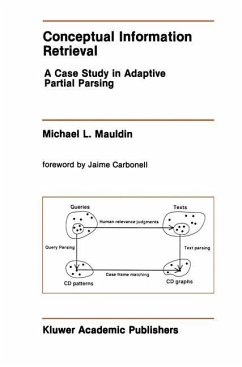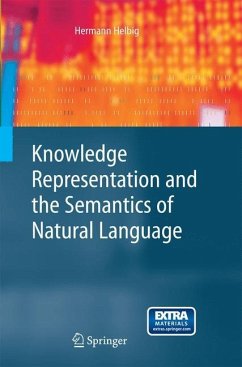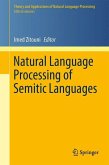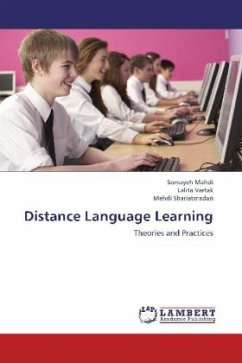We propose a robust, hybrid, deep-syntactic dependency-based parser and present its implementation and evaluation. The parser is designed to keep search-spaces small without compromising much on the linguistic performance or adequacy. The resulting parser is deep-syntactic like a formal grammar-based parser while mostly context-free and fast enough for large-scale application. It combines successful current approaches into a hybrid, modular and open model. We suggest, implement, and evaluate a parsing architecture that is fast, robust and efficient enough to allow users to do broad-coverage parsing of unrestricted texts from varied domains. We present a probability model and a combination between a rule-based competence grammar and a statistical lexicalized performance disambiguation model. We treat long-distance dependencies with post-processing and mild context-sensitivity. We conclude that labelled Dependency Grammar is sufficiently expressive for linguistically adequate parsing. We argue that our parser covers the middle ground between statistical parsing and formal grammar-based parsing. The parser has competitive performance and has been applied widely.

